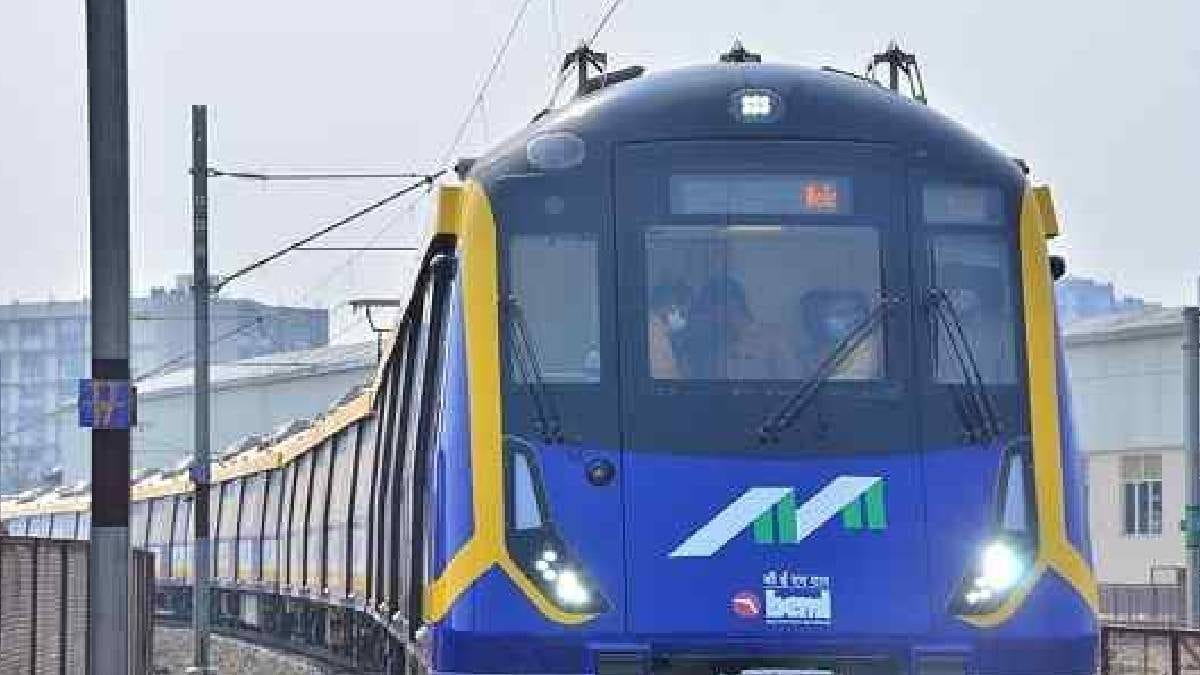 |
|
The Indian government's approval of the Chennai Metro Rail Project Phase 2 signifies a significant step towards improving transportation infrastructure and fostering economic growth in the city. The project, encompassing 118.9 kilometers of new lines and 128 stations, is expected to provide much-needed relief from traffic congestion and contribute to the overall development of Chennai. Prime Minister Narendra Modi expressed his enthusiasm for the project, emphasizing its positive impact on the lives of Chennai residents and the overall economy of the region. The project's focus on sustainability will likely lead to a reduction in greenhouse gas emissions and improved air quality in the city. This initiative highlights the Indian government's commitment to sustainable transportation infrastructure development and its efforts to build a more modern and efficient public transport network. The Chennai Metro Phase 2 is anticipated to become a critical component of the city's public transport system, connecting various parts of Chennai and offering a reliable, efficient, and eco-friendly mode of transportation. The project's focus on enhancing connectivity and improving the ease of living in Chennai aligns with the government's broader vision of developing smart and sustainable cities across India.
The project's three corridors will connect various important locations within Chennai. The Madhavaram to SIPCOT corridor, spanning 45.8 kilometers with 50 stations, will facilitate travel between the industrial hub of SIPCOT and the northern part of the city. The Lighthouse to Poonamalle Bypass corridor, stretching 26.1 kilometers with 30 stations, will connect the city's commercial hub to the western suburbs, providing efficient transportation for commuters and businesses alike. The government's commitment to funding the project demonstrates its confidence in the project's potential to deliver tangible benefits to the city and its residents. The project is likely to attract private investment in infrastructure and ancillary businesses, further stimulating the local economy. The construction of the new metro lines is expected to create employment opportunities, contributing to the growth of the local job market.
In addition to the Chennai Metro project, the Indian government has approved the National Mission on Edible Oils-Oilseeds (NMEO-Oilseeds) with an outlay of Rs 10,103 crore. This ambitious initiative aims to make India self-sufficient in cooking oils by boosting domestic oilseed production. The mission will support farmers, encourage sustainable agricultural practices, and contribute to the country's food security. By promoting domestic oilseed production, the NMEO-Oilseeds is expected to reduce India's reliance on imported cooking oils, saving valuable foreign currency and strengthening the country's agricultural sector. This multifaceted project is a testament to the Indian government's commitment to achieving 'atmanirbharta' (self-reliance) across various sectors. The simultaneous approval of these two projects signals the Indian government's focus on investing in infrastructure and sustainable development to propel the country's economic growth and improve the lives of its citizens.
Source: Chennai Metro Phase 2 Gets A Green Light; PM Modi Hails Traffic Relief, Economic Boost
